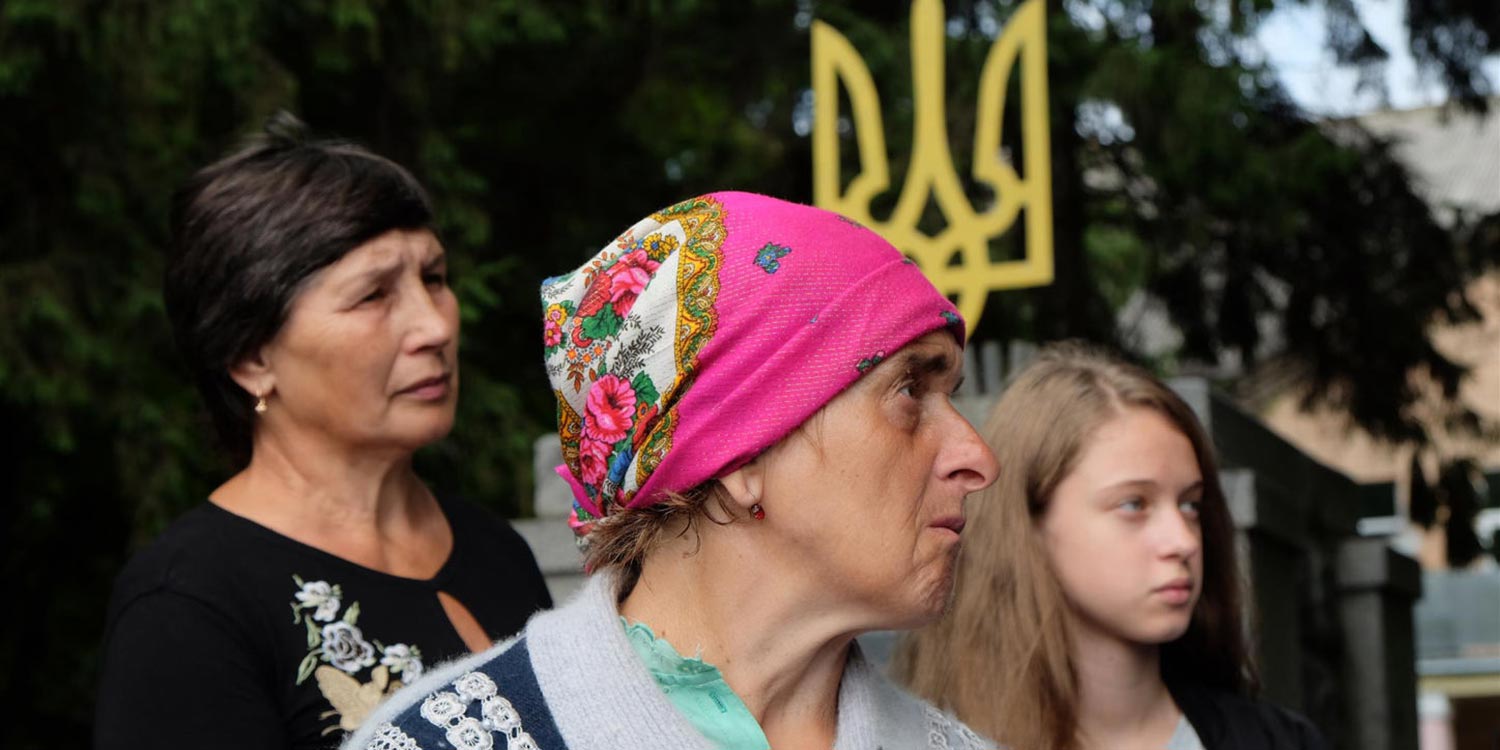Two projects of Myrinivskyi Hliboprodukt (MHP), a Ukrainian industrial agribusiness company, financed by the EBRD will be assessed for a compliance review by the bank’s Independent Project Accountability Mechanism (IPAM). The compliance review is an independent investigation aimed to determine if the Bank has complied with its environmental and social policies in relation to the MHP projects. By 26 January 2022 the EBRD’s mechanism will conduct a preliminary evaluation whether the project may have caused harm to affected local people and if there is an indication that the bank may have breached its standards.
Compliance Advisor Ombudsman (CAO) of the IFC is expected to begin a similar process in the coming weeks to assess the need for a full investigation into the IFC’s financing to MHP.
The move towards compliance investigation comes three and a half years after local people from Olyanytsya, Zaozerne and Kleban, three villages in the Vinnytsya region of Ukraine, submitted complaints to the accountability mechanisms of the two banks. Between October 2018 and August 2021 the two mechanisms co-facilitated a confidential mediation process between representatives of local complainants and MHP. Ecoaction, CEE Bankwatch Network and Accountability Counsel advised local complainants in the mediation process with MHP.
IPAM’s public report from the mediation process provides a summary of the outcomes of the confidential mediation and the outstanding issues that remained unresolved.
Complainants were disappointed that despite their effort no agreement was reached with MHP. They hope that the compliance review will result in an effective remedy for the outstanding issues listed in the IPAM report, such as:
- Road safety. To address the problem of heavy vehicle traffic through village roads, some progress was achieved in terms of road safety awareness raising. Yet concerns regarding heavy traffic going through the villages remain, as local villagers have noticed little change even after the construction of a long-promised bypass road.
- Joint Fact Finding on damaged houses. Despite attempts by complainants and MHP to assess the damages on houses in Olyanytsya, which villagers believe are caused by increased traffic through the village, the pilot assessment did not take place before the process came to an end.
- Farm Odours. Options to manage the odour from chicken farms, manure storage and the biogas plant were explored, such as the planting of trees throughout the perimeter. However, no agreement was reached on this issue before termination of the mediation.
- Water supply. The issue of a piped-in water supply scheme in Olyanytsya and Zaozerne was discussed during the mediation process, but the concerns about local Water Quality were not addressed.
With regards to water quality issues, for example, the results of an Ecoaction study of surface & groundwater quality in the villages of Olyanytsya, Zaozerne, Vasylivka, and Kleban, four local villages located near MHP’s massive Vinnytsya Poultry Farm, significantly exceed a number of water safety parameters, especially those concerning nitrogen forms (ammonia, nitrites, nitrates) and in some cases phosphates as well. Water well testing during this citizen science project included both express methods and specialised lab analysis. They revealed that results from almost half of groundwater wells (19 wells checked) exceeded the safety norm for Nitrates (<50 mg/l). All water research measurements are available here whereas some extreme calculations on Nitrates (NO3) include the following numbers (in mg/l): 142,4 (water point in Zaozerne, 2.8 times exceeding safety norms), 150 (water point in Vasylivka, 3 times exceeding safety norms ), 124,3, 109,2 (two water points in Kleban, 2.5 times exceeding safety norms ), 200 (water point in Olyanytsya, 4 times exceeding safety norms).
Additionally to wells, the water quality was checked on the Southern Buh river, upstream and downstream from the underwater discharge pipe of MHP’s wastewater treatment plant. Downstream results show significantly higher numbers on ammonia (NH4), nitrites (NO2) and phosphates (PO4). As of June 2021, results are (in mg/l): NH4 – upstream 0,05, downstream 0,4; NO2 – upstream 0,02, downstream 0,5; PO4 – upstream 0,2, downstream 0,5. A second round of testing (October 2021) of the downstream water in the lab showed similar results: NH4 – 0,46; NO2 – 0,4; PO4 – 0,36.
“The Ecoaction citizen science initiatives conducted research on water quality in 14 communities of 10 regions (oblasts) of Ukraine. The results on nitrates compounds in ground water in the area that is the subject of the complaint showed the worst results. Taking into account the scale of intensive crop, fodder and livestock production facilities in the region, we believe that water quality and health risks concerns of the complainants are well grounded”, said Anna Danyliak from Ecoaction.
“The accountability mechanisms of the EBRD and IFC now need to conduct independent investigations into problems raised in the complaint that remained without solutions and agreements. IPAM and CAO need to review if the investments in the MHP projects by the public banks followed their standards for assessment, prevention and mitigation of negative impacts on local villages. We are hopeful that the compliance investigations may bring some long-awaited answers to questions about the real impacts of MHP’s operations,” said Fidanka Bacheva-McGrath from CEE Bankwatch Network.
“Despite the extensive time and energy that impacted villagers dedicated to the process, the mediation did not result in effective remedy for affected people. The compliance review can bring some form of justice to them by investigating major questions raised in the complaint, such as why the banks continued to assess that their investments in MHP would not present a high risk, even years after local villagers began raising concerns about their environmental, health and social impacts,” said Caitlin Daniel from Accountability Counsel.
Never miss an update
We expose the risks of international public finance and bring critical updates from the ground – straight to your inbox.

